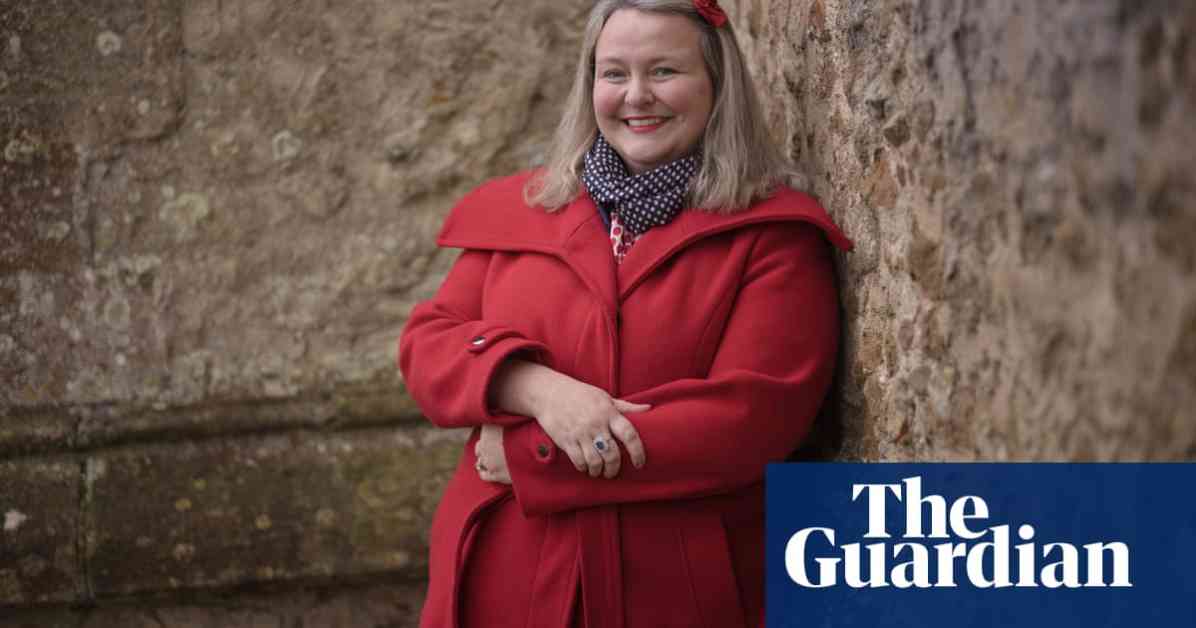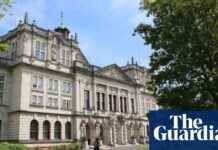Inspiring Durham Professor’s Mission to Promote Classics Education
Arlene Holmes-Henderson, a dedicated professor at Durham University, is on a mission to revolutionize the way classics education is approached in the UK. With an unwavering commitment to ensuring equal access to classical education for all children, Holmes-Henderson is leading the charge in a groundbreaking initiative that is reshaping the educational landscape.
The Vision
In a recent interview, Holmes-Henderson expressed her passion for promoting the classics, a subject that she believes is often overlooked and undervalued. She firmly believes that every child in the UK should have the opportunity to explore the wonders of ancient civilizations, from the gladiators of Rome to the intricacies of Greek rhetoric.
Last month, Holmes-Henderson achieved a significant milestone by opening the world’s first department dedicated to researching classics learning and teaching at Durham University. This groundbreaking initiative marks a pivotal moment in the history of classical education, setting a new standard for excellence and inclusivity.
The Challenge
Despite the progress that has been made, Holmes-Henderson acknowledges that there are still significant disparities in access to classics education across different regions of the UK. Private schools, which account for only 7% of the total student population, often offer robust classics curricula, while state schools struggle to provide consistent and comprehensive instruction in the subject.
According to Holmes-Henderson, pupils in the north-east of England face the greatest challenges in accessing classics subjects, highlighting the urgent need for reform and greater equity in education. In London and the south-east, on the other hand, there is a fourfold increase in the likelihood of encountering classics on the curriculum, underscoring the need for a more balanced and inclusive approach to education.
The Impact
As a former secondary school teacher, Holmes-Henderson has witnessed firsthand the transformative power of classics education. She emphasizes that the benefits of studying Latin and other ancient languages extend far beyond the classroom, offering valuable insights into the roots of the English language and enhancing students’ overall linguistic and cognitive abilities.
Through years of dedicated research, Holmes-Henderson has uncovered the profound impact of classics education on students from diverse backgrounds, including those facing socio-economic challenges, learning disabilities, and language barriers. Her work has challenged conventional notions about who can benefit from classics education, paving the way for a more inclusive and accessible approach to teaching.
As she continues her quest to promote classics education, Holmes-Henderson remains undaunted by the obstacles that lie ahead. Despite setbacks such as the government’s decision to cut funding for state school Latin programs, she remains steadfast in her commitment to expanding access to classics education for all.







